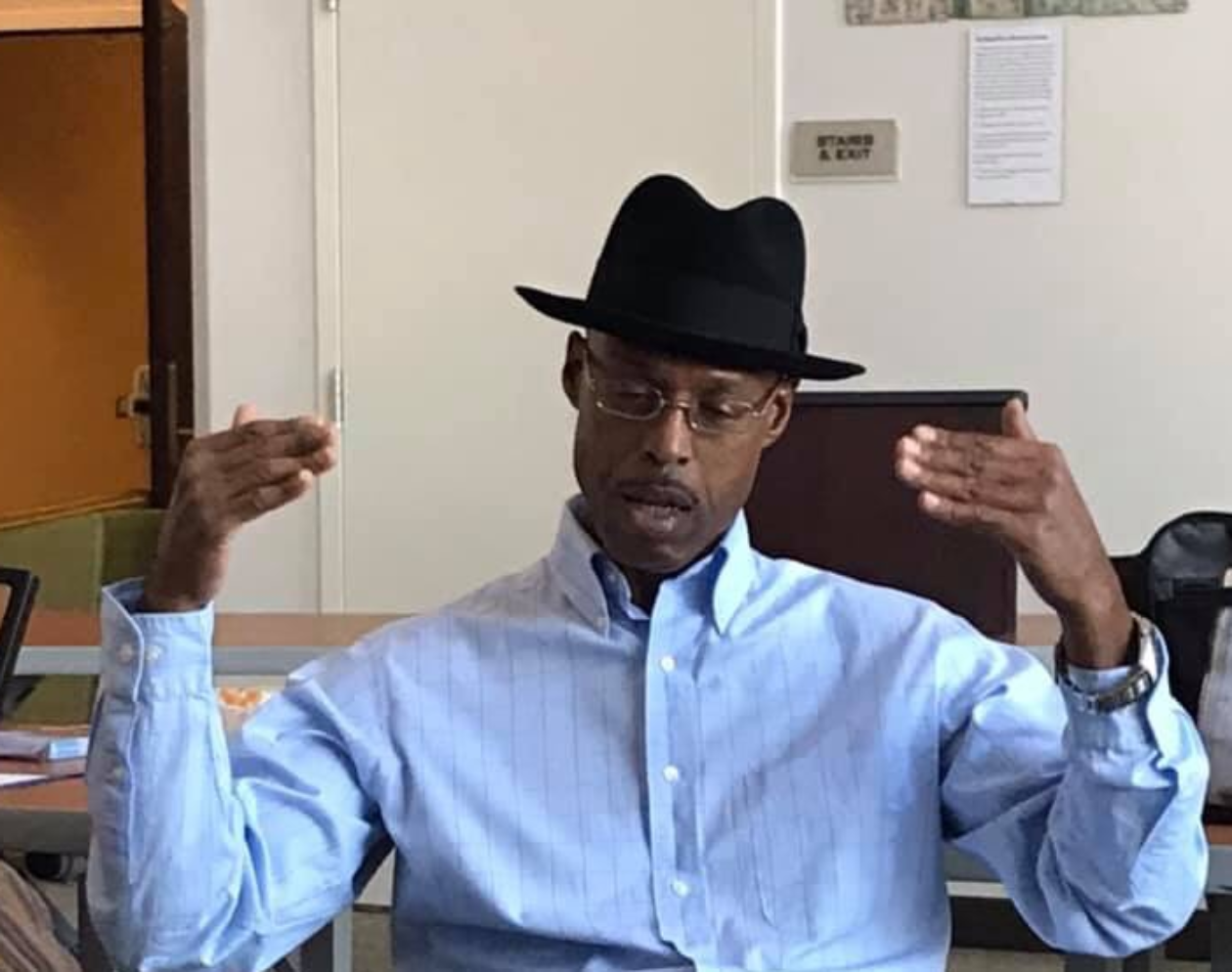In Ralph Ellison’s 1952 novel Invisible Man, the narrator recalls an intriguing boxing match: “Once I saw a prizefighter boxing a yokel. The fighter was swift and amazingly scientific…. But suddenly the yokel, rolling about in the gale of boxing gloves, struck one blow and knocked science, speed and footwork as cold as a well-digger’s posterior.” Ellison’s passage is a cautionary tale for modern-day pundits, politicians, journalists, and theorists. The yokel’s ability to “[step] inside of his opponent’s sense of time,” as Ellison put it, is analogous to Donald Trump’s interactions with anyone who has opposed him, including members of his own party. And the commonality among the prominent members of the political class is that they are all products of America’s universities where Western philosophical principles are unquestioned even by many Black academics.
By contrast, Ellison and other Black writers steeped in vernacular aesthetics often wrote about the epistemological limitations of scientific or academic theory—which is to say, an overreliance on bookish knowledge. Consequently, it shouldn’t be surprising that much of the criticism of Trump has been irrelevant to his methods and, however ludicrous it may seem, what he studied: television, entertainment, and their impact on viewers’ emotions, which tend to shape their political viewpoints. For those of us who regard Black writers as America’s brightest sociopolitical thinkers, these past eight or nine years have hardly been surprising. Or to put it differently, they were “in the cards,” as Ellison might have put it.
Indeed, most of Trump’s actions and success have been predictable, especially if we observe his actions from a blues-inflected Black perspective. Yet few commentators have emphasized the fact that there is a method to Trump’s madness. His focus is subcutaneous, and as an expert in the aesthetics of television, he can poke and prod the nation’s emotional scars of racism, misogyny, and homophobia more intensely and more effectively than earlier neo-Confederates like George Wallace ever imagined in the 1960s.
So my question this evening is whether Kamala Harris, who represents our hope for a bright American future, or at least a nation that isn’t fascist, will blend science and conventional knowledge with her experiential knowledge as a Black woman from Oakland, California, and thwart the yokel’s attempt to step “inside … [her] sense of time” and thus vanquish our hopes to live in a genuine democracy.
This essay was written September 10, 2024, before the debate between Kamala Harris and Donald Trump.
